Cultivating Kind Online Communities on Social Media
I’m basically a nice person. I will engage in a friendly debate online now and then but I like my social media interludes to be drama-free. Between work and family and my business, I don’t have a lot of spare time so I don’t want it marred by nastiness. Kindness and respect are important in online interactions, and I freely admit that if people are mean and disrespectful, I will close out that page and probably never return. I’ve even unfriended people on Facebook because if I don’t want to see their page, what’s the point of having them on my list, and I don’t want to see a page where people are allowed to attack each other.
Know what I mean? Ever had to unfriend someone because the way they police or don’t police their own Facebook wall doesn’t jibe with your own?
For example, I responded to a friend’s post a few months ago, an inane topic of random chatter about some silly news article. Not political. Not religious. Not one of ‘those’ topics, the kind many people ignore. Apparently someone else was having a bad day, because this person called me a name and made a presumptive comment about what political party I belonged to. I shook my head and moved on. A few hours later, another notification came through. The conversation had continued and the person was still unhappy and had escalated to calling me an even worse bad name. I unsubbed from the notifications, assuming my friend of many years would put an end to it; instead, I was surprised to see her respond to the name-caller with a lighthearted “You can’t help yourself, can you?” comment. No guidance about being nice or not attacking strangers. Who has time for this? I unfriended. I wish there was a better term for that, but in FB terms, that’s what I did.
Contrary to what a lot of people think, it isn’t ending the relationship, it’s just ending my online interaction in this forum. We too often get the two confused, and sometimes, we need to remind people that we aren’t required to be friends online to remain friends offline.
I have worked in online community now for over 17 years. During that time, I’ve seen just about everything. I have more good stories than bad, but the bad stories are still pretty jarring. One everpresent fact is that the lack of face-to-face contact seems to convey an attitude of “I can say whatever I want without repercussion” feeling for many, but it doesn’t mean you have to allow it. You can hold people to a higher standard, and I think we should.
This is why I push everyone — businesses and individuals — to craft social media policies, sets of ethics and guidelines you adhere to in all your online communities. These policies help you keep your communities welcoming, friendly, professional and under control, because when someone crosses a line, you’ve got a point to refer to, a validation, if you will, of why you can remove or hide something. It also helps you in the event you need to unfriend/block/ban someone.
Think you don’t need it? That may be a red flag that you allow too much on your pages already.
Guidelines help you cultivate kind communities, the type of communities where people aren’t afraid to offer a comment, share their feelings or ask a question. When people feel they can interact without fear of someone attacking their comment, they are much more likely to participate on a regular basis. Sure, some pages where people can say anything do mean a lot of traffic, but is that really the kind of traffic you want?
My vote is for kind and respectful communities all the way around. Do you post to places where you feel like simply saying “I made chicken for dinner” is going to end up with you being attacked? Do you feel inclined to come back when someone calls you a killer for eating chicken, or are you going to look elsewhere?
Growing the type of communities where people want to participate is actually very easy.
- Write a policy about what is and isn’t allowed. Make it obvious and easy to find.
- Be clear and brief. People aren’t going to read a book about how to post. They will give up.
- Make namecalling off-limits. Period.
- Remind people that disagreement is okay, and normal. Disrespect isn’t a natural offshoot off disagreement; they don’t have to co-exist. You can respect someone without agreeing.
- Stand by your policy. Don’t make exceptions because someone’s having a bad day. People having bad days aren’t always going to tell you and you’ll lose people who feel you’re being partial.
- Encourage people to share their feelings and thank them for doing so.
- When someone crosses the line, you don’t always have to remove it; you can reply with a “Please refer to our etiquette policy. We’d hate to have to remove your post but we do require everyone to be kind, even if you disagree.”
- Depending on your line of business, you may want to direct them offline. Sharing of personal or identifiable information online is never a good idea.
- Spam is bad. If you let your sister post a contest link, others are going to think it’s okay. Don’t send mixed messages.
- Set the example. This doesn’t mean you have to be neutral, it just means you need to put thought into how you write things so they don’t attack or judge. Being judgmental is one of the biggest reasons people leave a page; no one wants to be critiqued.
Take cues from online communities you enjoy visiting. What stands out? What type of interaction does the page owner have? Are people held accountable for their actions? Use the things that draw you to a community to craft your own. If it doesn’t work, change it. Online communities should be dynamic.
Remember, there’s a fine line between censorship and free speech. (And while I won’t go political on this one, research the two. On your page, you make the rules. That’s all.) Removing too much sends the message that any comment is up for removal and people aren’t going to take the time to talk if you may yank it, but leaving up the nasty stuff inhibits growth as well. You’ll find your middle-ground, but whatever you do, don’t just remove stuff to make it easier. Otherwise, why have a community?
And that’s perhaps the biggest question to ask yourself. Why do you want a community? Once you’ve determined that, coming up with guidelines to keep your communities the type that people want to visit is easy. And fun.

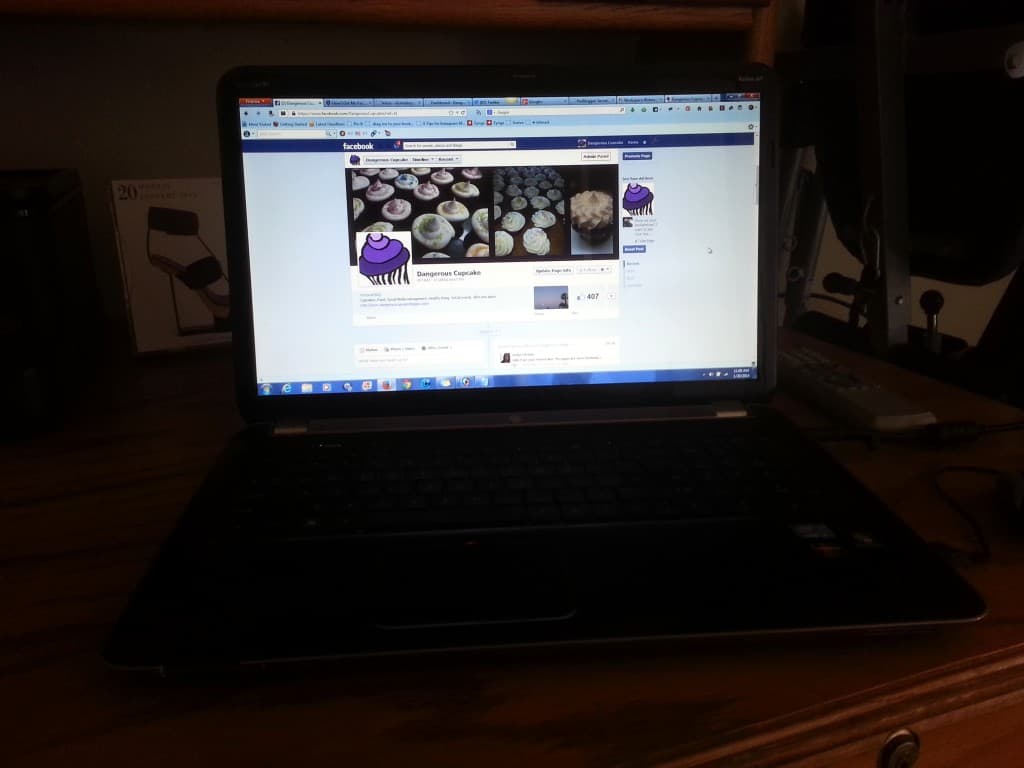
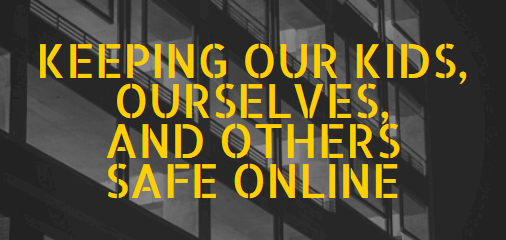
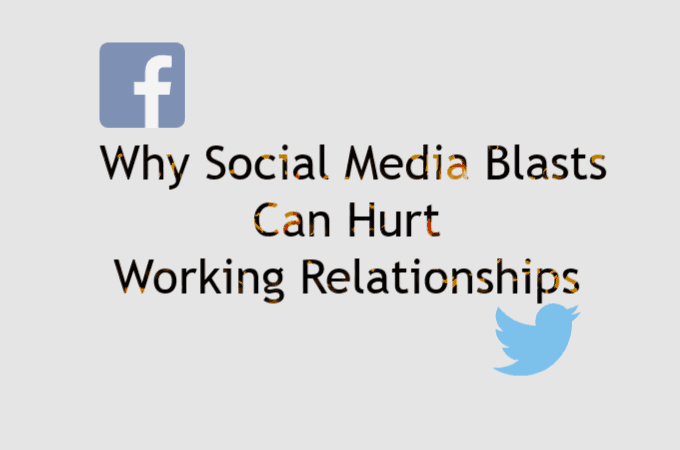
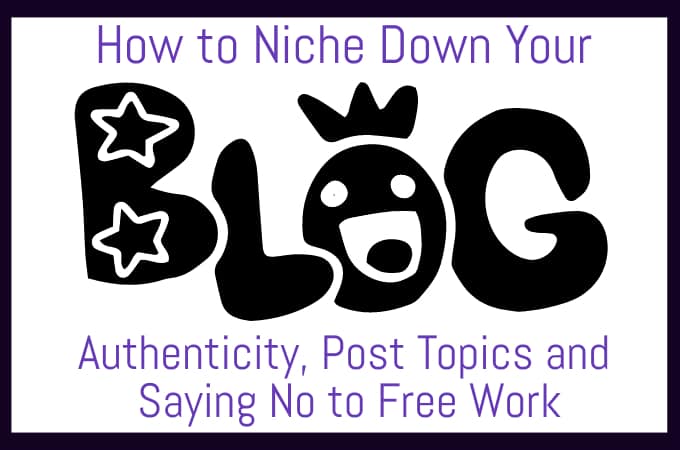
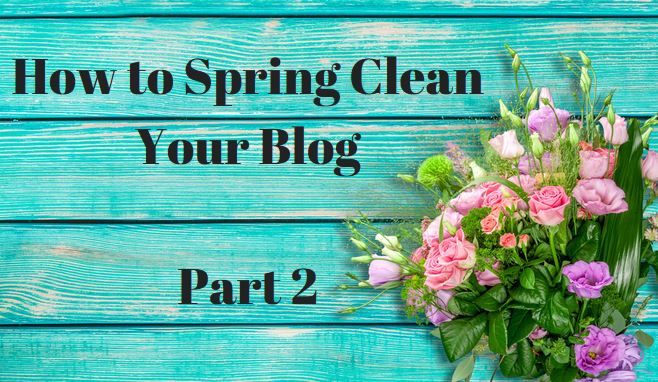
I also don’t have time for drama and want to cultivate a kind online community. I understand that I others might not agree with my decision or my opinion and I am okay with that. But the minute they decide to get nasty, their nasty comments will be deleted. I don’t have to tolerate it. Now I am okay with agreeing to disagree as a long as they don’t name call. I too would unfriend if I had too.
I’m with you — no need to be nasty. In years of studies and experience, argumentative communities can get traffic but true dedication and community over the long-run occurs most in the kind communities where there are rules. The key is grooming it well so you don’t need to employ them, and it’s way more do-able than people think. I think it’s such a good expense of time. I like seeing differing opinions, but I have little tolerance for the “I’m right, you’re wrong, loser” approach. Unfriending, I hate it, and there’s still one person I need to say goodbye to on FB but some people take it as though you’re saying they are no longer your real friend. I think in this case, I’m going to have to live with that, but I wish people would stop using FB as a barometer of true friendship. In time, I hope?
Great post I love it, in the past I have felt bad for unfriendling undfriendlies, I love my online time and dislike the crazyness some people bring to it some with over sharing of private information mine or theirs. Glad I found your blog today.
Aimee, I’m glad you found it too! Thanks for posting! I am all for unfriending unfriendlies..and I’m going to use that phrase more often! Hope you post more 🙂